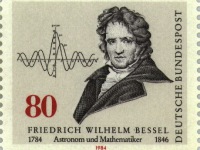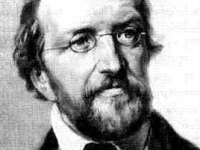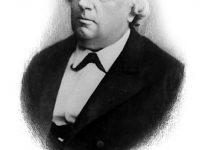Charles Hermite’s admiration for simple beauty in Mathematics
On December 24, 1821, French mathematician Charles Hermite was born. He was the first to prove that e, the base of natural logarithms, is a transcendental number. Furthermore, he is famous for his work in the theory of functions including the application of elliptic functions and his provision of the first solution to the general equation of the fifth degree, the quintic equation. “There exists, if I am not mistaken, an entire…
Read more






